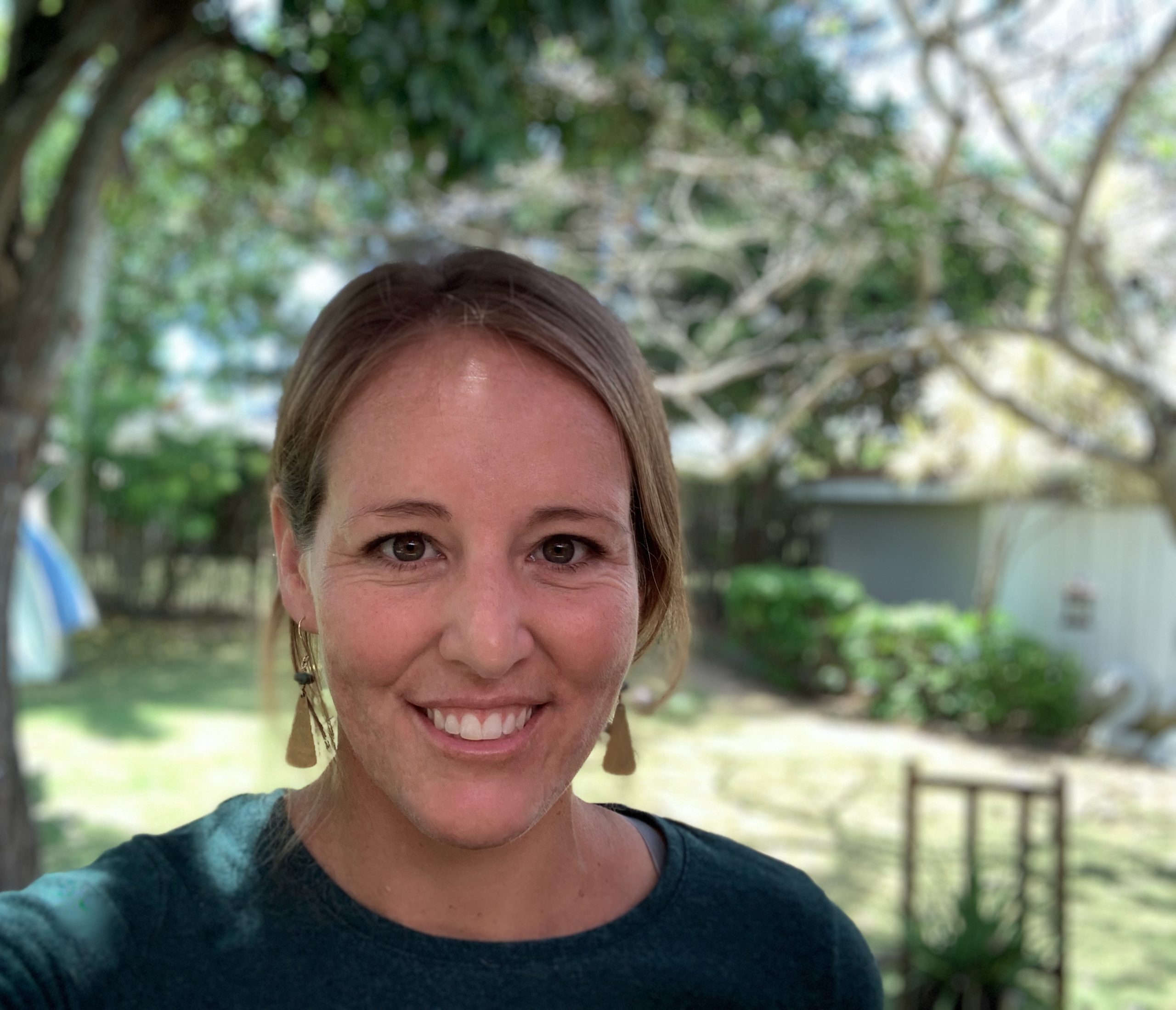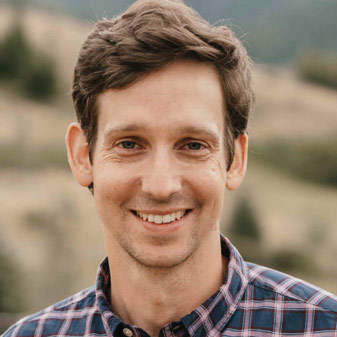Abstract
Restoring natural resource access for Indigenous groups has become a recent policy focus. We combine satellite data and robust difference-in-difference methods to estimate the causal effect of Native American water rights settlements on land and water use on reservations in the western United States from 1974 to 2012. We find that settlements increase cultivated agricultural land use (crops and hay/pasture) by 8.7 percent. Our estimates of tribal water use indicate that, even after accounting for water leased off reservation, many tribes are utilizing only a fraction of their entitlements, forgoing as much as $938M-$1.8B in revenue. We provide evidence suggesting that this gap is driven, in part, by land tenure constraints and a lack of irrigation infrastructure.





